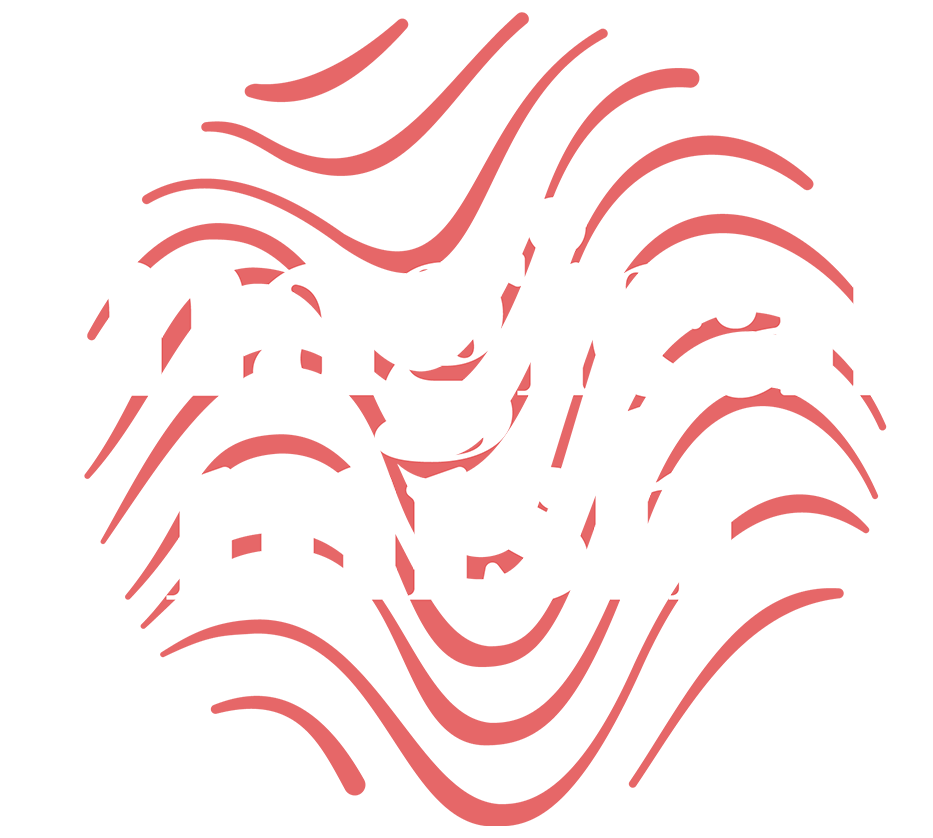
What does Trust mean to you ?
May 13, 2024
The Power of Self-Connection
July 17, 2024Rethinking Our Outcomes: Success, Failure, or Misalignment?
In our journey through life, we often find ourselves sorting experiences into boxes labeled “success” or “failure.” But what if there’s another option—alignment—that more accurately captures the essence of our experiences?
Concept of Alignment
Think of alignment as the universe’s way of nudging us back on our destined path. It’s about how seamlessly our decisions, relationships, and actions resonate with the core of our being—our values, needs, and deepest desires. This approach invites us to reflect: Are we really failing, or are we simply being guided to realign with our soul’s purpose?
Tale of Love and Smoke
Consider the love story of Sarah and Tom. Sarah, attuned to her body’s needs and health, finds herself in a quandary as Tom, her beloved, is a smoker. His smoke, laden with chemicals, exacerbates her sensitivities, leading to a deterioration in her health. Despite their deep affection, Sarah faces a crucial choice for her wellbeing.
Traditionally, one might view their eventual parting as a failure. But let’s shift our perspective to one of alignment: this breakup is not a tragedy but a courageous step towards honoring her health and well-being. This shift from blame to understanding underscores mutual respect for individual paths and needs
The Empath at Work
Maria, an empath, finds herself in a sales role where aggression and competition are the norms—a stark contrast to her collaborative and empathetic nature. Each day, the misalignment gnaws at her, dressing up as failure in her reflective moments.
Through the lens of alignment, Maria recognizes that her job isn’t a match for her true self. Her discomfort is not a sign of failure but a beacon guiding her towards a role that celebrates her innate qualities.
Friendship and Boundaries
Then there’s Emily, who often feels overwhelmed by a friend’s endless venting without seeking solutions. As an empath, Emily questions her worth as a friend when she feels drained.
Reframing this as a misalignment, Emily learns to set boundaries that honour her emotional well-being, allowing her to maintain the friendship on healthier terms that respect her energy and capacity.
Broader Implications
Embracing alignment invites us to view all aspects of life—careers, friendships, personal goals—through a lens that seeks harmony with our true essence. It encourages us to release the harsh judgments of “failures” and see them as signs, guiding us towards a more authentic alignment with our spirit.
Conclusion
Understanding our experiences as misalignments rather than failures can profoundly transform how we perceive ourselves and interact with the world. This perspective fosters compassion towards ourselves and others, reducing guilt and enhancing our responses to life’s challenges.
Call to Action
Have you ever felt that a perceived failure was actually a sign of needing realignment? How could viewing your experiences through this lens change your relationship with yourself, others, and your world? Share your reflections and stories below. Let’s embrace the way we evaluate and find deeper understanding and peace together.
